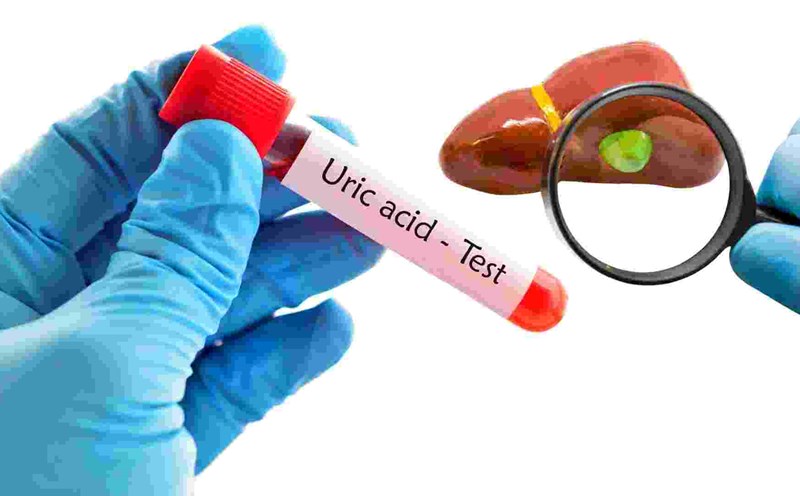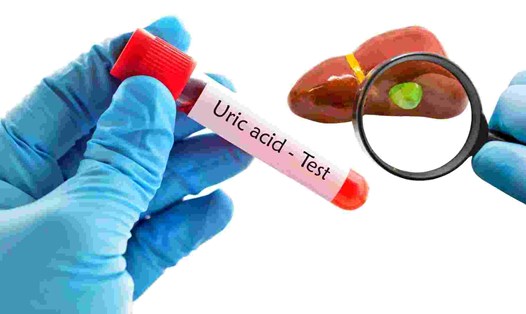What is gallbladder disease?
According to Dr. Adi Rakesh Kumar - gastroenterologist, artistic endoscopist, ultrasound endoscopist, Yashoda Hospital (Hyderabad, India), gallbladder disease is a common condition that affects the digestive system, often causing gallstones or gallbladder inflammation. People over 40 years old, especially women, are at high risk of disease.
Symptoms such as abdominal pain, nausea and indigestion can lead to complications if not treated promptly. Understanding risk factors, symptoms and management methods is important to improve health and reduce the risk of disease.
Risk factors for gallbladder problems
Age and gender: gallbladder problems are common in people over 40 years old and especially women, especially those who have gone through multiple Pregancies or used hormonal birth control pills.
Obesity: Excess weight can lead to excessive cholesterol production, which can lead to gallstones.
Unhealthy diet: Eating a lot of foods containing refined carbohydrates and saturated fat increases the risk of gallbladder disease.
Rapid weight loss: harsh diets or weight loss surgery can cause gallbladder imbalance, leading to the formation of stones.
Diabetes and dyslipidemia: People with these conditions are at high risk of gallstones.
Symptoms of gallbladder disease
Abdominal pain: Pain, especially after meals, often occurs in the upper right abdomen.
Feeling uncomfortable and bloated: Feeling uncomfortable in the abdomen and bloating are common symptoms.
Nausea and vomiting: These symptoms can appear when the gallbladder is inflamed or there are gallstones that clog the gallbladder.
Severe pain: If gallstones clog the gallbladder, it can cause severe pain and lead to complications such as infection or inflammation.
How to control and prevent gallbladder disease
Maintain a healthy weight: Eating regularly and exercising regularly helps control weight and reduce the risk of gallbladder disease.
Increase fiber: Adding fiber to your diet helps maintain digestive health and control weight.
Avoid sudden weight loss: Rapid weight loss can cause gallstones and contribute to the formation of gallstones.
Consult a doctor: If there are symptoms, consulting a doctor is necessary for timely diagnosis and treatment. ultrasound can help detect gallstones and assess gallbladder health.
Medical treatment: If symptoms persist, medical interventions such as endoscopy or gallbladder removal surgery may be recommended.










